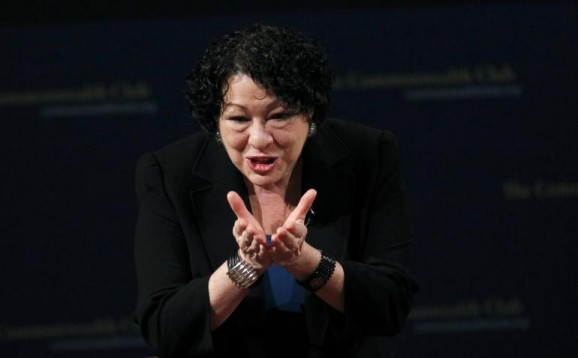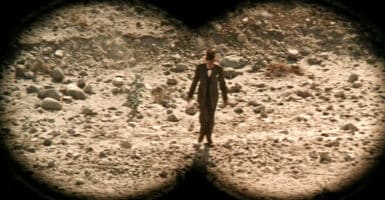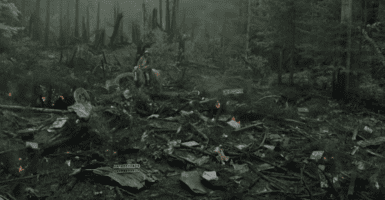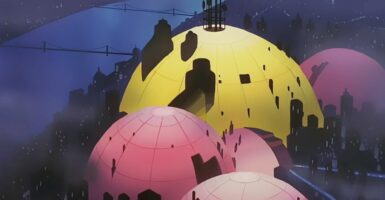Supreme Court Justice Sotomayor Thinks 1984 Could Become A Reality
This article is more than 2 years old
 While many people serving in the government don’t seem to understand the first thing about science or technology, it’s good to see that some politicians are paying attention to the consequences of technological development. Addressing faculty and students of Oklahoma City University last week, Supreme Court Justice Sonia Sotomayor warned about how lack of privacy could lead to a dystopian and “Orwellian world.”
While many people serving in the government don’t seem to understand the first thing about science or technology, it’s good to see that some politicians are paying attention to the consequences of technological development. Addressing faculty and students of Oklahoma City University last week, Supreme Court Justice Sonia Sotomayor warned about how lack of privacy could lead to a dystopian and “Orwellian world.”
As with many of us, 1984, and the ways in which it accurately predicted the impact of technology and privacy invasions, has stuck with Sotomayor. Because of technology that enables devices and people to “listen to your conversations from miles away and through your walls,” she said that our modern society is “in that brave new world, and [is] capable of being in that Orwellian world, too.”
Thankfully, Sotomayor is doing her part to protect our privacy, including by ruling that, unless there are extenuating circumstances, police can’t search a suspect’s mobile phone without a warrant. She also ruled that police need warrants to use GPS trackers on a suspect’s vehicle.
 She didn’t mention the NSA or Edward Snowden, which I suppose isn’t all that surprising given the government’s role in that mess, but she didn’t need to explicitly bring them up for everyone who heard her talk to make that connection anyway. She did, however, discuss drones that “are recording everything that’s happening on what we consider our private property.” Right now, 9 states have already passed a bill requiring that police get a warrant before conducting drone surveillance, and California has a similar bill on the table right now. There are exceptions—say, for monitoring accidents or fires, but the bills prohibit warrantless surveillance for law enforcement purposes. The FAA estimates that by 2017 there will be approximately 20,000 drones flaying around.
She didn’t mention the NSA or Edward Snowden, which I suppose isn’t all that surprising given the government’s role in that mess, but she didn’t need to explicitly bring them up for everyone who heard her talk to make that connection anyway. She did, however, discuss drones that “are recording everything that’s happening on what we consider our private property.” Right now, 9 states have already passed a bill requiring that police get a warrant before conducting drone surveillance, and California has a similar bill on the table right now. There are exceptions—say, for monitoring accidents or fires, but the bills prohibit warrantless surveillance for law enforcement purposes. The FAA estimates that by 2017 there will be approximately 20,000 drones flaying around.
In addition to being protected from the government’s prying eyes, Sotomayor pointed out that private citizens may also use drones to spy on their neighbors. “That type of technology has to stimulate us to think about what is it that we cherish in privacy and how far we want to protect it and from whom.” Word, Justice Sotomayor. I’m glad someone on the high court has read her dystopian science fiction classics, and not just for high school English class, but for the lessons they can impart. If you could recommend a book for a government reading list, what would it be?












